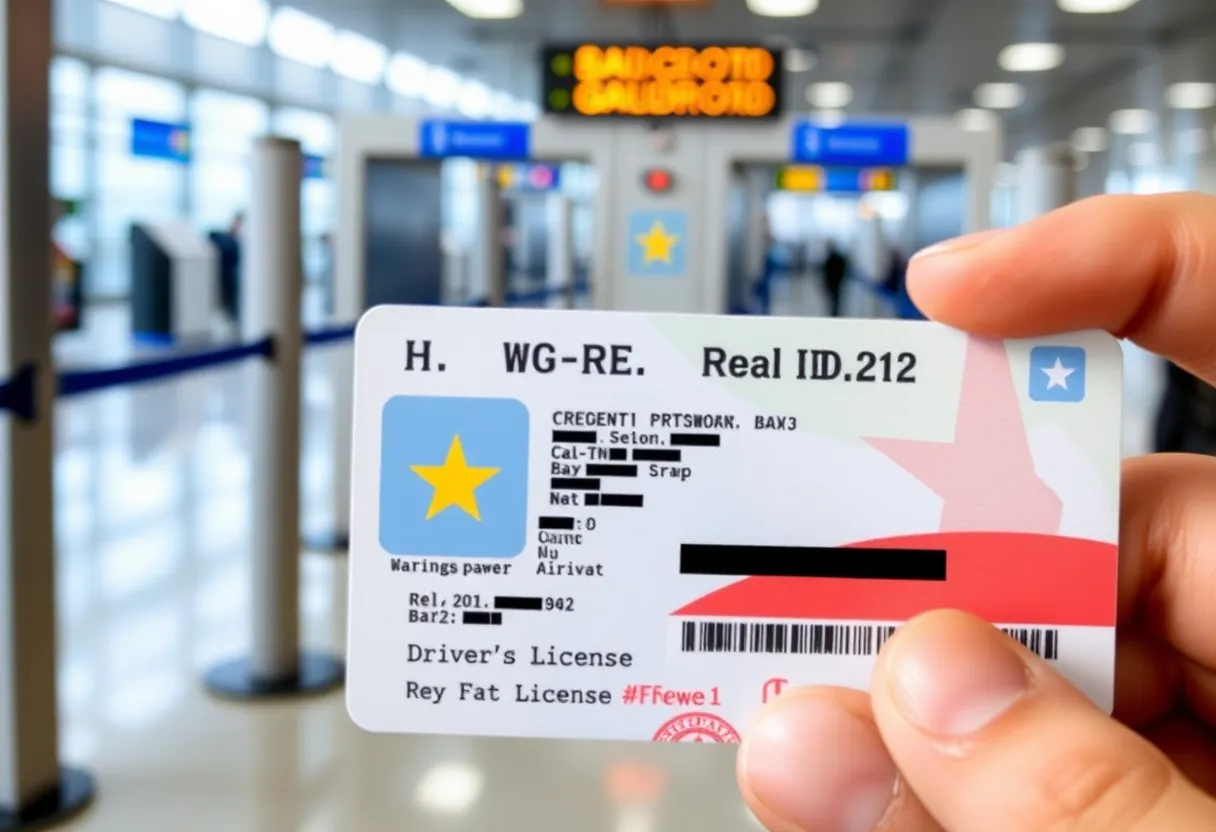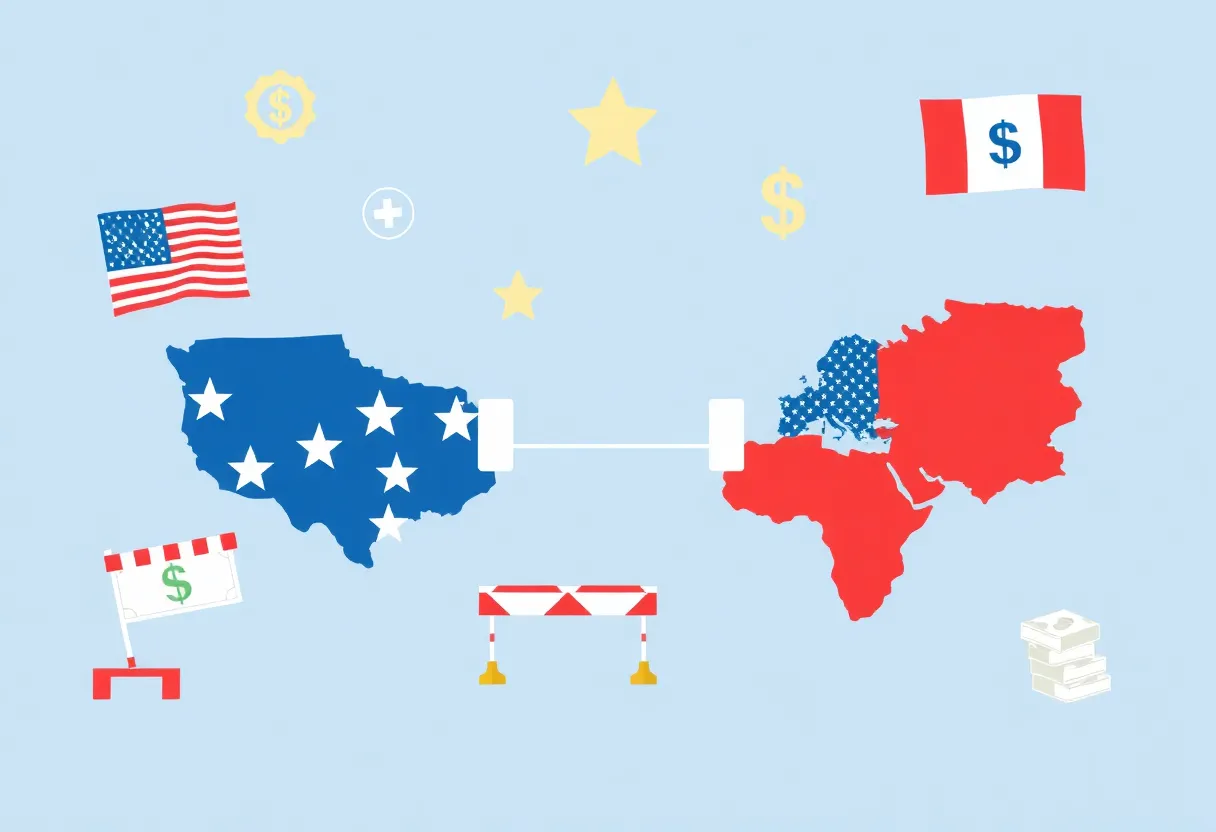The Innovative Marketing Feats of Trump’s 2024 Campaign
As we look back on the vibrant political landscape of 2024, one city stands out among the rest—Washington D.C.. This city was not just the epicenter of policy discussions but also a front-row seat to one of the most unique presidential campaigns we’ve seen in a long while. Former President Donald Trump’s campaign has truly redefined how marketing can be used in politics. His tactics reflect a style that’s brimming with energy—all in, all out, and with very little left to chance.
Using Social Media in Bold New Ways
One glaringly effective strategy was Trump’s deep dive into social media, particularly on X (formerly Twitter). This platform allowed him to bypass traditional media altogether, tapping directly into the content-hungry veins of his base. With Elon Musk at the helm, the platform’s atmosphere shifted, enabling Trump to create a buzz that kept supporters engaged. However, this unfiltered mode of communication wasn’t without its drawbacks. The controversial statements flying around raised eyebrows and deepened the polarization that many already felt in society.
Still, there was a certain authenticity to his posts that resonated strongly with his core audience. It’s a double-edged sword—while he energized his loyal followers, he also risked pushing away moderate voters looking for a more diplomatic approach. Yet the strategy seemed to work, keeping his supporters on their toes and excited.
Reaching the Younger Generations
Another standout angle in Trump’s campaign was his clever use of Twitch, a platform often reserved for gamers and tech enthusiasts. Streaming his rallies and speeches was a smart way to connect with younger, tech-savvy audiences who might not tune into traditional news. Critics on the platform voiced concerns over mixing gaming and political messaging, but Trump’s willingness to adapt showcased his never-back-down attitude. It was an inventive strategy reflecting how adaptable he’s become in engaging with the younger crowd.
Podcasts: Making Candidates Feel Approachable
Moreover, let’s not overlook the growing impact of podcasting this election season. Candidates like Kamala Harris found their groove on platforms like “Call Her Daddy,” while Trump took a seat on “The Joe Rogan Experience” for an expansive conversation. These long-format podcasts allow voters to see candidates in a more human light, providing insight beyond typical sound bites. It’s casual yet compelling, helping to foster deeper connections and offering more personal glimpses of the candidates in the clamor of election year.
Unexpected Alliances
One of the biggest surprises came from Trump’s team forming unexpected alliances with some Muslim organizations in battleground states like Michigan. Despite a rocky past and controversial policies, his focused messaging around Middle Eastern peace found a particular resonance with certain community segments. It’s fantastic how strategic marketing can sometimes mend fences between historically divided groups, showing that political support isn’t always black and white.
Engaging with Influencers
Then there’s the bold move of working with social media influencers like Logan Paul and Adin Ross. These collaborations were designed to engage politically indifferent young voters where they feel most at home—on their digital platforms. Despite the fact that the younger generations tend to lean more Democratic, Trump’s campaign targeted this demographic with a method to tap into peer influence. By aligning with popular figures, the campaign aimed to deliver a sense of modernity and relevance, changing the perception of political engagement entirely.
Conclusion: A Marketing Masterclass
In summary, Trump’s marketing strategies during this election cycle have demonstrated an impressive mastery of direct communication and unconventional tactics. His active presence across multiple platforms illustrated a campaign that sought to innovate and connect with voters on various levels. As Americans gear up to cast their votes, one thing’s for sure: Trump has set a new benchmark for what political marketing can look like, revealing both its incredible potential to shape narratives and its ability to deepen societal divides.









